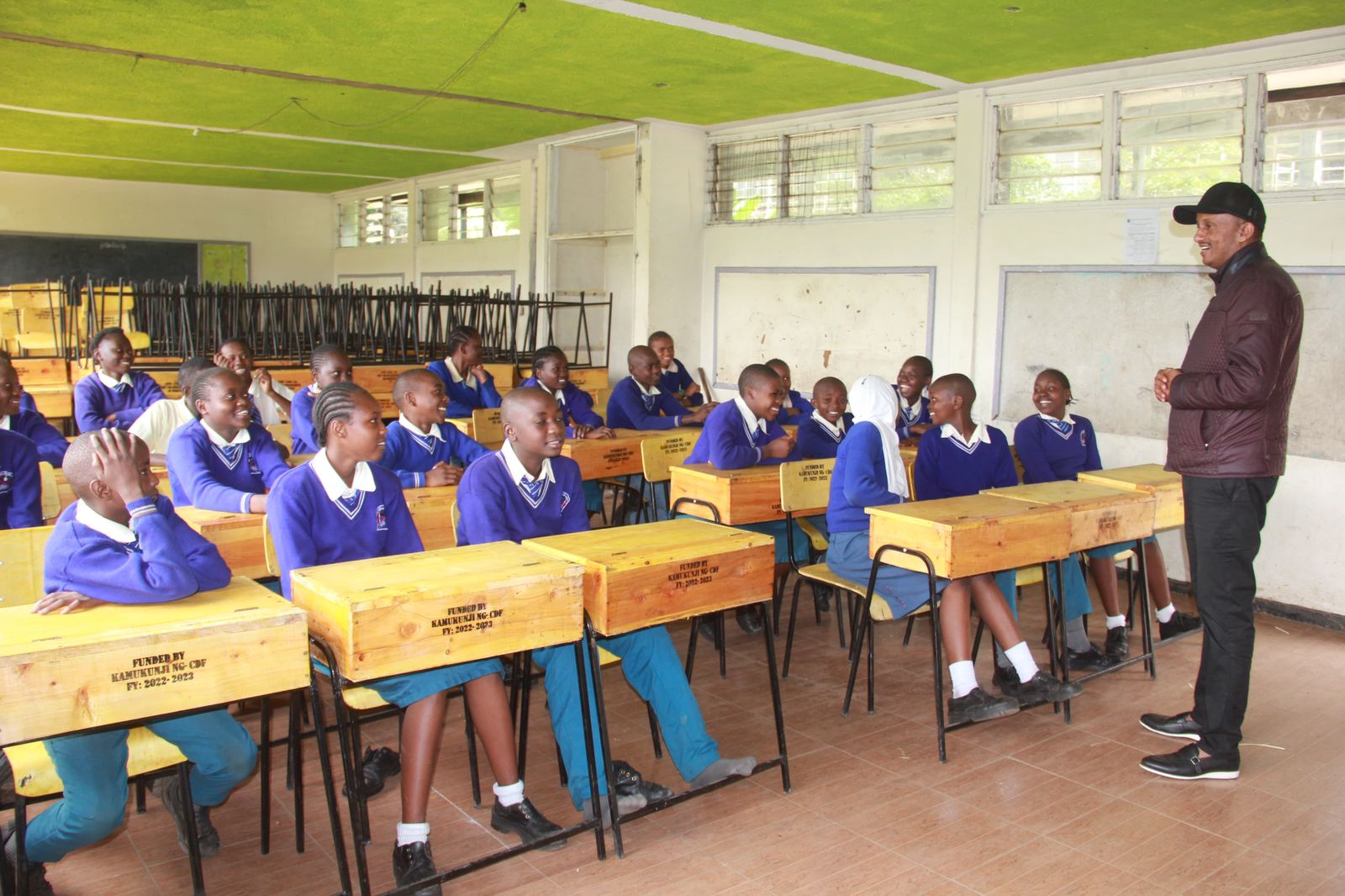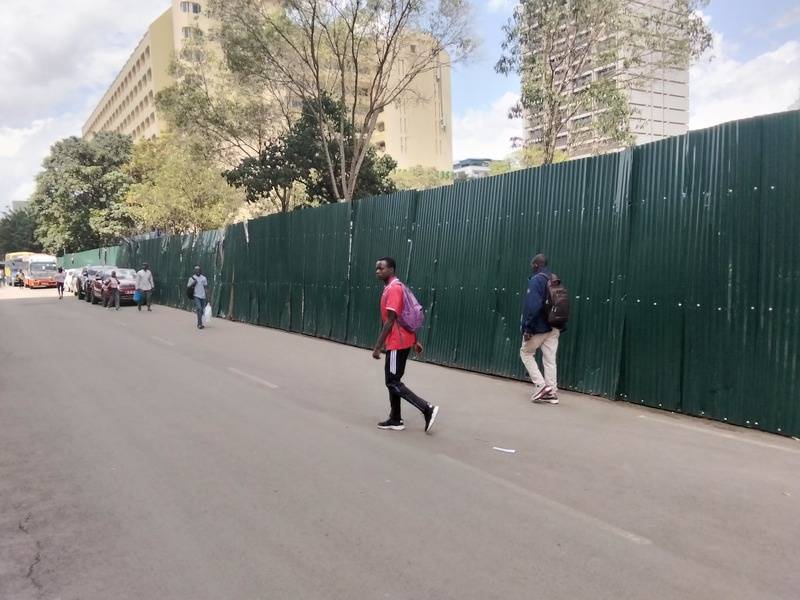Parents relieved as Junior School uniform remains unchanged

In Eastleigh, Nairobi, a collective sigh of relief rippled through homes as news of the Education Ministry's directive for Junior Secondary School (JSS) transition reached parents.
In Eastleigh, Nairobi, a collective sigh of relief rippled through homes as news of the Education Ministry's directive for Junior Secondary School (JSS) transition reached parents. The announcement that all 1.28 million students joining Grade 7 would remain in their existing primary schools and wear their current uniforms brought a welcome wave of financial ease to families already grappling with the rising cost of living.
For Beydaan Aaden, a single mother of three whose eldest son, Jamal, was due to start JSS, the news was a lifesaver. "Jamal's uniform still fits perfectly," she said, holding up the crisp blue shirt and khaki short. "The extra cost of a new one would have been a real struggle. Now, I can focus on getting him the school supplies he needs."
More To Read
- Four arrested, firearms and ammunition recovered as DCI officers thwart planned Eastleigh robbery
- Clogged drains paralyse Eastleigh as residents decry flooding and neglect
- Three suspected hackers charged with stealing Sh3.4 million from Eastleigh businessman
- How Eastleigh residents stopped illegal garbage dumping on parts of General Wariungi Street
- COFICAF Café: Hidden gem inside Eastleigh's BBS Mall that everyone is talking about
- World Hypertension Day: How high blood pressure is killing a lot of Kenyans as it goes undetected
The directive resonated particularly strongly in Eastleigh, where a diverse community navigates economic disparities. Many families rely on small businesses and informal work, with fluctuating incomes making educational expenses a constant source of worry. The prospect of avoiding new uniforms and potential school levies brought welcome relief.
At Irene Akinyi’s stall at Kariokor market, the news fueled animated conversations. "My niece just finished Grade 6," she confided, wiping her hands on her apron. "I was dreading having to buy a new uniform. This is such a blessing for all of us!"
Across Eastleigh, the excitement wasn't limited to parents. School administrators also welcomed the clarity and financial stability the directive offered. "It simplifies things for everyone," said Kimani Kuria a board member in one of the primary schools in Kamukunji. "We can focus on making the transition smooth for our students without the added pressure of managing uniform changes and potential fundraising for extra classrooms."
While the news wasn't all sunshine and roses - some parents expressed concerns about classroom capacity and potential overcrowding with younger students joining existing grades - the overall sentiment was one of gratitude and optimism.
Top Stories Today











































